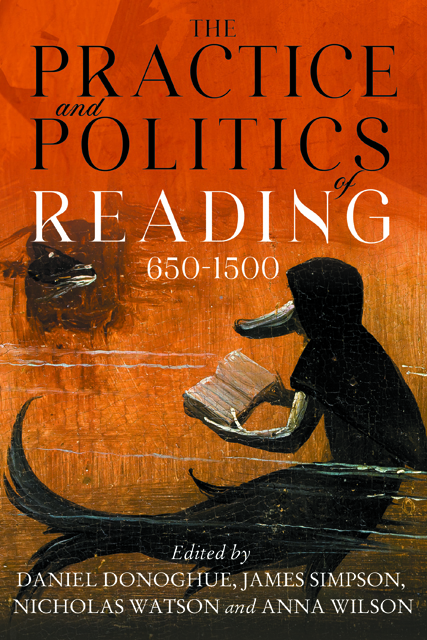Introduction
Published online by Cambridge University Press: 11 January 2023
Summary
History bears witness to the cataclysmic effect on society of inventions of new media for the transmission of information among persons. The development of writing and later the development of printing are examples.
The “Gutenberg Revolution” served as a touchstone for western intellectuals during much of the second half of the twentieth century, especially during the decades of the Cold War. The standard account, popularized by scholars such as Marshall McLuhan, tells a familiar march-of-progress narrative, in which the invention of printing happily launched western Europe into an era of intellectual, political, religious, and economic achievement. Scholars of European and global premodernity, however, never accepted the oversimplifications of this potted history, and chafed both at its assumptions about the unequivocally positive effects of the new medium and especially at all it incuriously projects onto earlier centuries, which in popular and learned accounts have been obliged, once again, to represent the darkness before the dawn of modernity.
Today we inhabit a world of temporal mirroring: for the past three decades we have been immersed in another revolution “of new media for the transmission of information” on an effectively global scale, like a vast cultural experiment taking place in real time. This unprecedentedly rapid new revolution demands a reassessment of the pieties and prejudices associated with the information-technology revolution of the late fifteenth and sixteenth centuries by seeking a deeper awareness of the counter-currents characteristic of such moments of dramatic cultural change, including “the cataclysmic effect on society” of the new order.
The 1990s digital revolution was thought to generate, as the print revolution and its contemporary, the Protestant Reformation, is still often claimed to have generated, the unqualified good of more readers with access to vastly wider ranges of reading material. The unmediated reading of scripture, for example, finds its parallel in the immediate access to digital information. Paeans to the digital revolution still ring with the unqualified confidence of John Foxe’s praise of the printing press in Acts and Monuments, whereby “knowledge groweth, judgement increaseth, bookes are dispersed … stories be opened, times compared, truth decerned, falsehode detected.”
The optimism of the first phase of the digital revolution was not wholly unfounded.
- Type
- Chapter
- Information
- The Practice and Politics of Reading, 650-1500 , pp. 1 - 18Publisher: Boydell & BrewerPrint publication year: 2022

